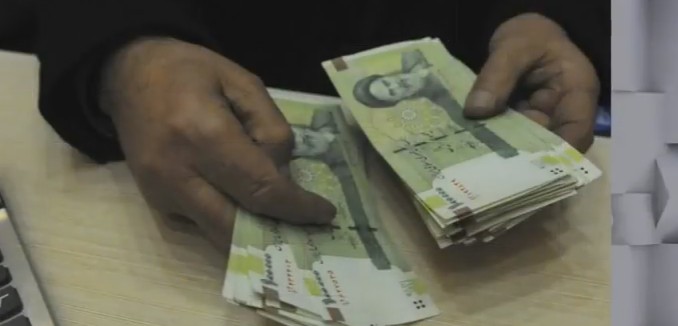The decision by the Financial Action Task Force (FATF), a global financial watchdog supported by more than 30 Western countries, to suspend countermeasures against Iran for one year rather than totally remove the country from its blacklist is a sign that Iran “still has a long way to go before it’s safe to do business there,” experts from the Foundation for Defense of Democracies wrote in a policy brief on Friday.
The FATF had originally placed the sanctions on Iran’s financial system due to Iran’s history of money laundering and financing of terrorism. It announced on Friday that it would temporarily remove those measures due to “Iran’s adoption of, and high-level political commitment to, an Action Plan to address its strategic AML/CFT [anti-money laundering and combating the financing of terrorism] deficiencies, and its decision to seek technical assistance in the implementation of the Action Plan.” The statement observed that the FATF remained “concerned with the terrorist financing risk emanating from Iran and the threat this poses to the international financial system.”
Sanctions experts Mark Dubowitz and Toby Dershowitz argued that Iran’s continued placement on the FATF’s list of worst financial offenders shows that despite “intense pressure from Tehran, Iran’s effort to legitimize its malign activities has not been matched by changes to its underlying conduct.” Businesses contemplating commercial ties with Iran will still have to “conduct enhanced due diligence that will prove a nightmare for them for a number of reasons.”
Among the problems plaguing Iran’s business climate include the pervasive influence of the Islamic Revolutionary Guard Corps (IRGC) in all sectors of the Iranian economy. The IRGC often uses front companies to disguise its business holdings and financing of terror. The United States government has placed sanctions on the IRGC due to its terror support.
Dubowitz and Dershowitz pointed out that Iran fails to provide a corruption-free business environment:
Iran’s nefarious financial activities go further. It ranked 150th out of 189 countries on the World Bank’s 2016 “Ease of Doing Business” Index on “protecting minority investors,” and 140th in “resolving insolvency.” It ranked 130th out of 168 countries on Transparency International’s Corruption Perceptions Index, and 108th out of 129 on the International Property Rights Index. In January, Reuters noted that “Iran’s shadow economy has been a breeding ground for corruption and nepotism,” and that “foreign companies will be wary of approaches by local ‘fixers’ who would pay bribes on their behalf.”
New Iranian laws meant to thwart terrorist influence in their financial sector are severely lacking, the experts wrote, since the country’s official definition of terrorism “excludes groups ‘attempting to end foreign occupation, colonialism, and racism,’ and other language used to justify terrorism against American allies.”
Even if the FATF removes Iran from its blacklist entirely next year, those looking to invest in the country will “understand that this illicit conduct, not empty expressions of intent, must be changed before risking business with Iran,” they wrote. “FATF’s action this week serves as yet another reminder to ‘know your customer.’ Buyers should beware: Iran may be open for business, but is it not yet safe for it.”




